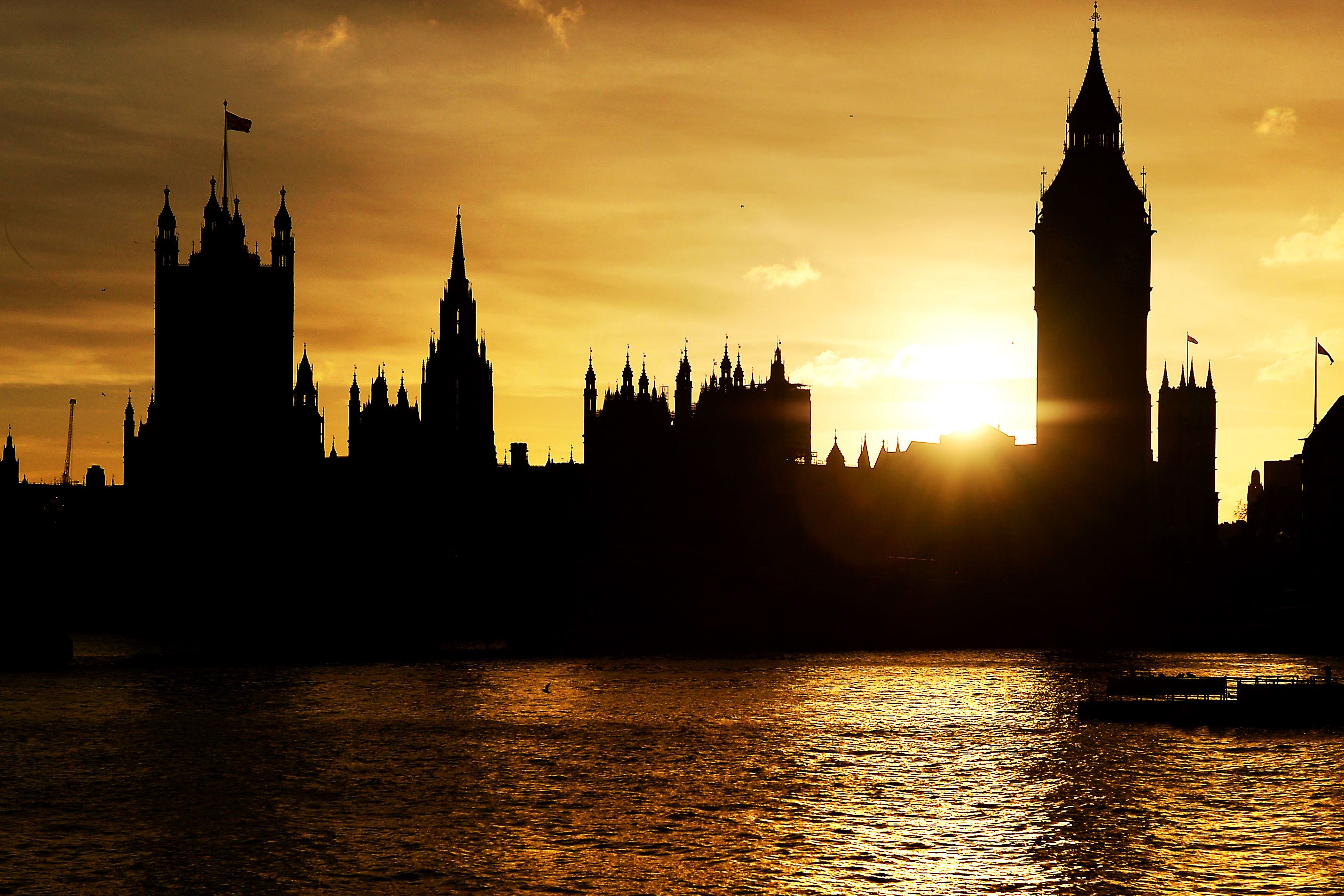UK on par with Russia for confidence in political system, study shows
Just one in six (17%) of the British public polled say they are highly satisfied with how the political system is functioning.

Your support helps us to tell the story
From reproductive rights to climate change to Big Tech, The Independent is on the ground when the story is developing. Whether it's investigating the financials of Elon Musk's pro-Trump PAC or producing our latest documentary, 'The A Word', which shines a light on the American women fighting for reproductive rights, we know how important it is to parse out the facts from the messaging.
At such a critical moment in US history, we need reporters on the ground. Your donation allows us to keep sending journalists to speak to both sides of the story.
The Independent is trusted by Americans across the entire political spectrum. And unlike many other quality news outlets, we choose not to lock Americans out of our reporting and analysis with paywalls. We believe quality journalism should be available to everyone, paid for by those who can afford it.
Your support makes all the difference.The UK is on a par with Russia for confidence in how the political system is functioning – ranking in the bottom half of countries, a global survey has found.
Just one in six (17%) of the British public who were polled say they are highly satisfied with how the political system is functioning, with double this proportion (32%) saying they are dissatisfied.
The analysis of 23 countries, by the Policy Institute at King’s College London (KCL), was carried out as part of the World Values Survey (WVS) – one of the largest and most widely used academic social surveys in the world.
The latest UK data was collected in 2022, a year in which Boris Johnson stood down as prime minister after his government was investigated for Covid breaches during lockdown, while Liz Truss held the position for 44 days before resigning.
The UK ranks among the lowest of the countries analysed and is similar to satisfaction levels in Russia (16%), Mexico (17%) and Nigeria (15%).
It sits far behind the likes of Norway (41%), Canada (36%) and Germany (36%) – but comes higher than France (13%), the US (12%) and Italy (12%).
Among UK nations, Northern Ireland is by far the least satisfied with how its political system is functioning, with just 8% saying they are highly satisfied and 56% dissatisfied.
However, Britons’ support for democracy has risen over the past two decades, with those thinking it is a very or fairly good way of governing the country at 90% in 2022 – from 76% in 1999.
Professor Bobby Duffy, director of the KCL Policy Institute, said: “Support for the idea of democracy is extremely high and rising in the UK – but we are much less convinced by how it is working for us right now.
“The vast majority say that democracy is a good idea and important, but only 17% of us are highly satisfied with how our political system is currently functioning, putting us in the bottom half of international league tables.
“There is no evidence here that people in the UK are tired of the principle of democracy and are becoming more open to authoritarian models of government – we’re at risk of mixing up dissatisfaction with the outcomes people have experienced in recent years with a decline in support for the system as a whole.
“For example, only minorities support the idea of a strong leader who ignores elections or army rule – and this really hasn’t changed over recent decades. It is true that millennials seemed less enthusiastic about democracy when they first came into adulthood, but they have now come much more into line with older generations.
“What has changed is increasing support for expert roles in national decision-making, which is now at record levels in the UK. It’s easy to caricature the UK as drifting to identity-driven politics and sympathy for authoritarian models of government, but the reality shown in these long-term trends and international comparisons is we’re still committed to democracy and recognise the importance of expertise.”
KCL said 3,056 adults were interviewed across the UK.